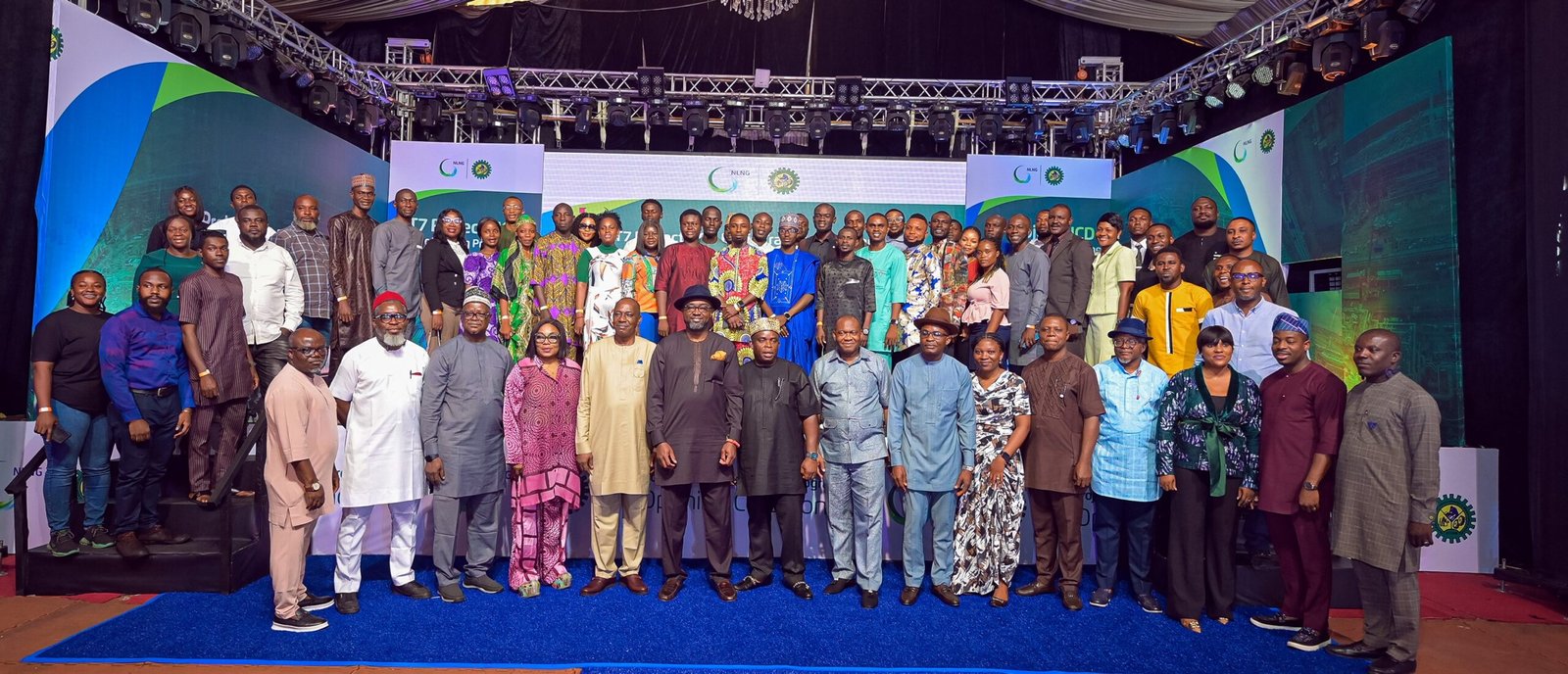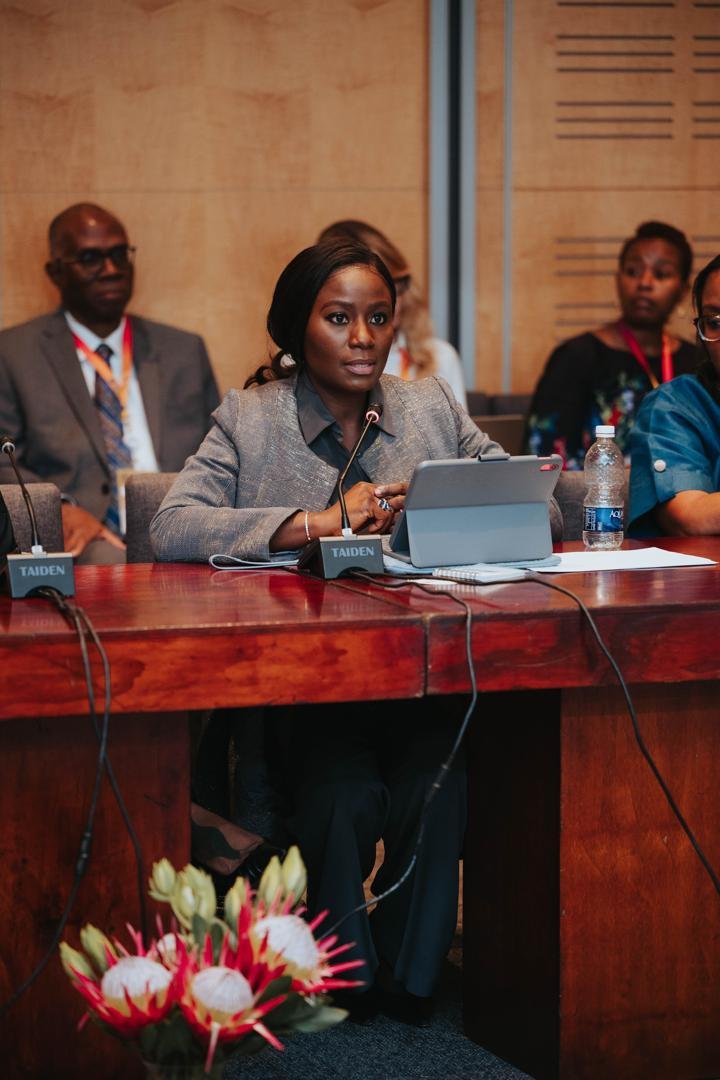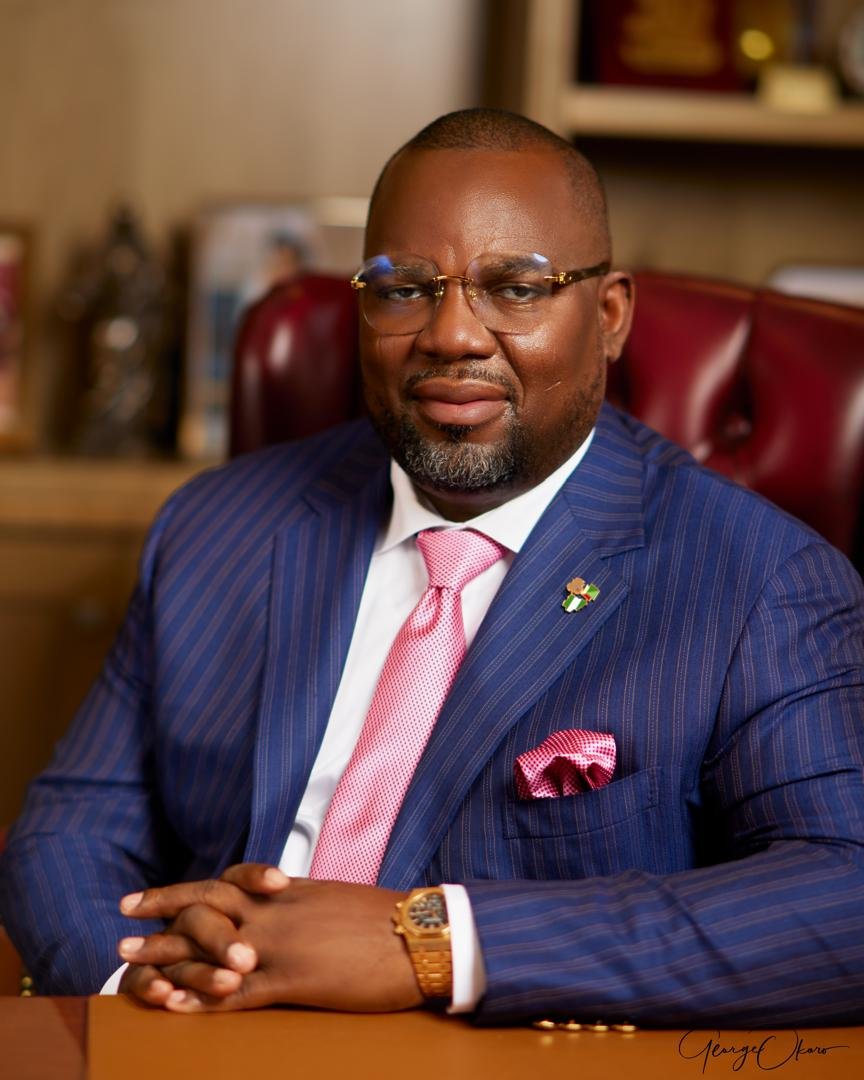Ghana Energy Minister to Connect Foreign Funders with Emerging Projects at AEW 2024
Ghana is implementing a strategic agenda to rejuvenate its oil and gas sector, aiming to achieve universal access to electricity by 2030 while propelling industrialization. With proven oil reserves of 600 million barrels, gas reserves of 0.8 trillion cubic feet and emerging opportunities in renewable energy, Ghana presents significant investment opportunities for global investors.
To showcase the country’s burgeoning prospects to global investors, Hon. Matthew Opoku Prempeh, Ghana’s Minister of Energy, will speak at the African Energy Week (AEW): Invest in African Energy 2024 conference – Africa’s premier event for the energy sector scheduled for 4–8 November in Cape Town. Minister Prempeh’s return to the event signals a strong commitment by the Ministry to attract new investment in the country’s oil and gas value chain.
AEW: Invest in African Energy is the platform of choice for project operators, financiers, technology providers and government, and has emerged as the official place to sign deals in African energy. Visit www.aecweek.com for more information about this exciting event.
Ghana has more than 17 oil and gas projects scheduled for development by 2027, demonstrating the viability of large-scale project developments in the market. Major projects include the Jubilee South East Project – developed by oil and gas company Tullow Oil -; the Pecan Conventional Oilfield – developed by global energy firm Aker Energy, the Ghana National Petroleum Company (GNPC), Russian multinational oil and gas company Lukoil and maritime engineering and energy company Bulk Ship & Trade -; and the Ntomme Far West Development.
On the downstream side, the country has various projects under development. The GNPC is spearheading a $700 million gas processing plant at Atuabo to facilitate the transportation of over 150 million cubic feet of gas per day. The project is expected to unlock lucrative opportunities across the gas value chain. Additional projects include the $380 million Tema V1 Oil Storage Facility – developed by Sentuo Oil Refinery Ltd; Helios Investment Partners’ $350 million Tema Floating LNG facility; and the Bulk Oil Storage and Transportation Company’s $71 million Tema-Akosombo 11 Pipeline. All of these developments contribute to Ghana’s infrastructure expansion.
Meanwhile, the country is making strides to revitalize policies to foster an environment conducive for foreign and private sector participation. The country unveiled the Ghana Energy Transition and Investment Plan in 2023 – a $550 billion investment plan for the energy transition. The plan aims to make Ghana carbon neutral by 2060 while unlocking low-carbon developments, specifically in the oil, gas, transportation and clean cooking industries. Focus is also on fulfilling targets set under the Gas Master Plan – a strategic gas market growth roadmap, entailing optimal exploitation of gas resources to enhance the security of the grid and consumer access to clean cooking.
“As regulatory reform makes the market increasingly attractive, Ghana has emerged as one of Africa’s most promising oil and gas plays. The country’s commitment to developing its gas resources through the Gas Master Plan further underscores a commitment to an industrialized future,” states NJ Ayuk, the Executive Chairman of the African Energy Chamber.
Meanwhile, on the renewable energy front, Minister Prempeh is driving efforts to bring in new investments for project rollout as the country targets to increase the share of renewables in the energy mix to 10% by 2030. Notable achievements include the Ministry approving the development of Ghana’s largest solar energy facility – the 16 MW Tema PV Project -, developed by Sungrow and financed by the International Finance Corporation, last February. The government also commissioned a $480 million, 13KW solar facility in Kaleo in August 2022.
Furthermore, Ghana has set a goal to generate 30% of its electricity from nuclear energy by 2070, presenting an attractive opportunity for international investors. The country aims to have a functional nuclear facility by 2030, having initiated the Ghana Nuclear Energy Program in 2012 which outlines a three-phase strategy to cultivate the nuclear energy sector. The program is advancing into its second phase and Ghana is awaiting to designate a site and select a vendor for the installation of its first nuclear plant.
Under the theme Energy Growth through an Enabling Environment, AEW: Invest in African Energy 2024 will provide a platform for Minister Prempeh to discuss Ghana’s prospects and connect with global industry players and investors to unlock the vast opportunities present in the market.







